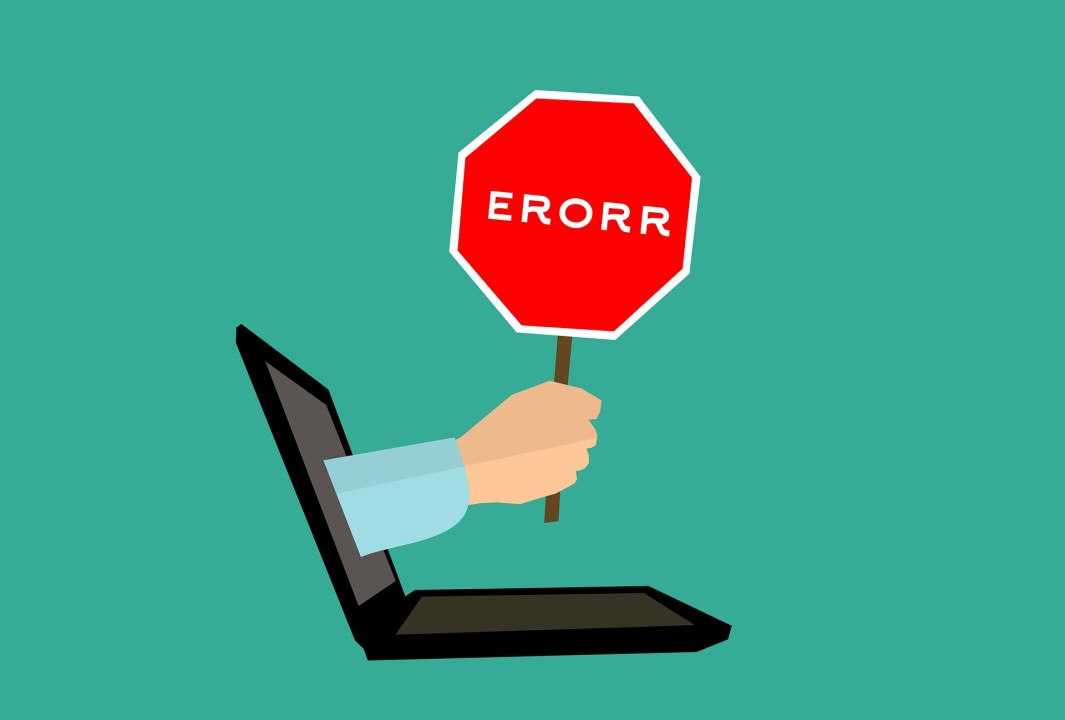
The unusual thing about Kling v. Horn (D2d7 Jun. 8, 2022 no. B310164) 2022 WL 2062642 (nonpub. opn.) is that the party who won the judgment was the one raising a problem about it.
Following an arbitration over an attorney fee dispute, the trial court entered a judgment of about $120,000 to the attorney. But to the attorney’s chagrin, the judgment stated that the parties shall bear their own fees and costs. The attorney didn’t like this because he claimed he was entitled to contractual attorney fees. So the attorney moved the trial court to amend the judgment to remove that part.
But before the trial court ruled on the motion, the client appealed. So when the trial court amended the judgment confirming the arbitration award, the client appealed again. The client’s second appeal, then, argued the amended judgment violated the appellate stay.
Compounding the confusion, the trial court also granted the attorney’s motion under Code of Civil Procedure section 187 to add the client’s business entities as co-judgment debtors. Again, while the appeal was pending. This was the subject of yet another appeal, 3123 SMB, LLC v. Horn (D2d7 Dec. 14, 2021) no. B309412 (nonpub. opn.).
The court noted the trial court created a “procedural mess” by amending the judgment pending appeal.
In the 3123 SMB case, the court held that the appellate stay applied to proceedings to add judgment debtors under Code of Civil Procedure section 187.
The appellate stay under Code of Civil Procedure section 916 “divests the trial court of jurisdiction over the subject matter on appeal—i.e., jurisdiction in its fundamental sense." (Varian Medical Systems, Inc. v. Delfino (2005) 35 Cal.4th 180, 198 (Varian).) "When triggered, [section 916] bars all proceedings" in the trial court "that 'directly or indirectly seek to "enforce, vacate or modify [the] appealed judgment"'" (LAOSD Asbestos Cases (2018) 28 Cal.App.5th 862, 872.)
One of the exceptions to this rule is that a trial court may amend a judgment to correct clerical errors "when the mistake is obvious from the other parts of the record and the proper correction can be made therefrom.” (Crawford v. Meadows (1921) 55 Cal.App. 4, 11.)
But amending a judgment to add a new defendant is not a clerical error: 'The difference between judicial and clerical error rests . . . on whether [the alleged error] was the deliberate result of judicial reasoning and determination'" and on "'whether the error was made in rendering the judgment, or in recording the judgment 6 rendered.'" (Machado v. Myers (2019) 39 Cal.App.5th 779, 797.)
The ruling adding new entities “was an intentional decision based on the trial court's understanding of the law and the facts; it was not an "inadvertent one made by the court which cannot reasonably be attributed to the exercise of judicial consideration or discretion."” (Bowden v. Green (1982) 128 Cal.App.3d 65, 71.)
In the Kling v. Horn case, the court again analyzed the appellate stay under section 916. Another exception is for collateral matters. And generally, orders of attorney fees and costs are collateral to the judgment, and the appellate stay does not prevent the trial court from determine fee and cost motions. (Bankes v. Lucas (1992) 9 Cal.App.4th 365, 369.)
But the amended judgment here did not involve a routine fee or cost motion. Instead, the original judgment stated that no party was entitled to recovery of fees and costs. So by “amending the judgment to remove the provision stating each side was to bear its fees and costs, the court "directly" sought to "'modify [the] appealed judgment.'" The trial court was without jurisdiction to do this.
The court reversed the amended judgment.
Comment: Note that the underlying judgment on the arbitration award was affirmed. So Horn, the prevailing party on that judgment, likely will ask the trial court for the same relief again. But will Horn be entitled to attorney fees? Recall that the underlying judgment stated the parties are to bear their own fees and costs. And Horn did not appeal from that judgment. At this point over a year later, that challenge arguably is untimely.